Fifteen Minutes of Fame
David Bohn
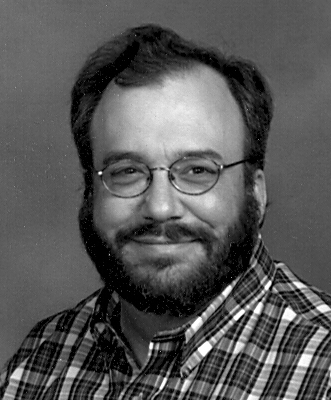
A native of Wisconsin, David Bohn received degrees in composition from the University of Wisconsin, University of Wisconsin-Milwaukee, and the University of Illinois. His primary composition teachers were Joel Naumann, Yehuda Yannay, and William Brooks. He has taught theory at the University of Wisconsin - Milwaukee, University of Wisconsin - Parkside and the University of Illinois. In his career as an organist, he has given Wworld or American premieres of over fifty organ works. He currently resides in West Allis, Wisconsin, and is the organist and choir director St. John's Evangelical Lutheran Church in West Milwaukee. He is President of the Wisconsin Alliance for Composers, Vice President of the Wisconsin Chapter of the Organ Historical Society, and edits the newsletters of both organizations.
Concert Dates
- June 12, 2013 - Appleton, Wisconsin
15 one-minute selections for David Bohn
-
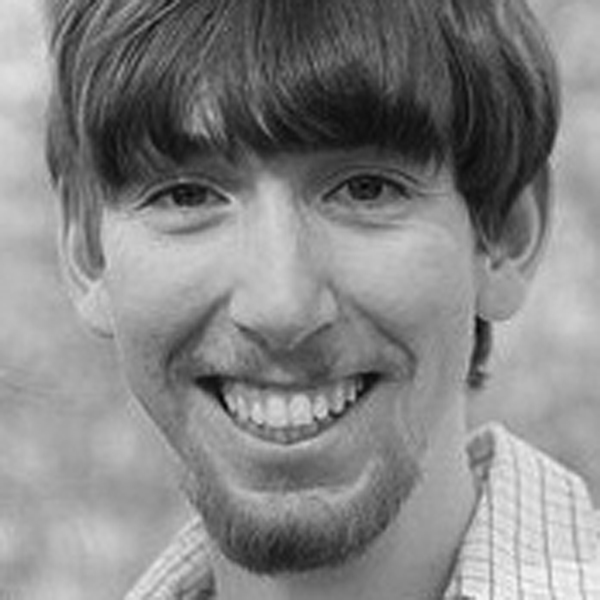
Jubilee
Daniel Arnold
Daniel Arnold (b. 1988) received both his Bachelor of Arts in Music and his Master of Music in Composition from the University of Kentucky. Daniel primarily composes solo piano music and chamber music, and his compositions have been performed in Germany and England in addition to the United States.
Winter was finally morphing into a beautiful Spring when I began composing for this call for scores. But I initially focused on how well the organ conveys the morose, the grave, the brooding, so my first attempts didn't ring true. I was happy, so why should the music be unhappy? -
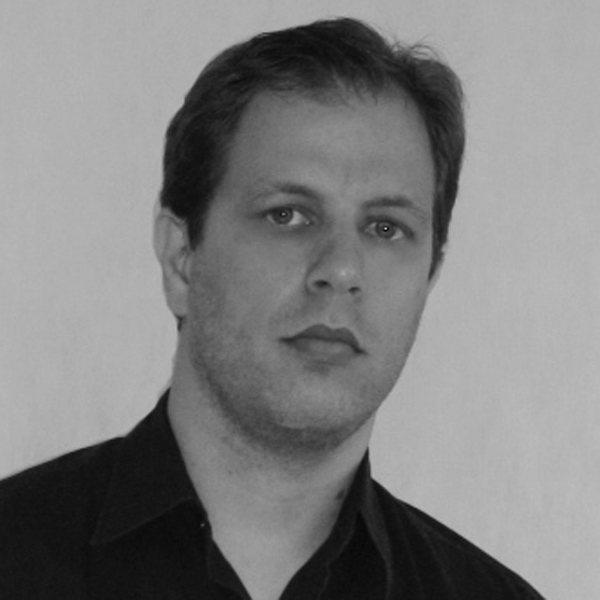
Liturgical Interlude
Rodrigo Baggio
His music has been performed in many cities around the world such as São Paulo, Brasilia and Tatuí (Brazil), Paris (France), Quebec (Canada), Bremen (Germany), London (England), New York and Vermont (USA). As a performer, he has played concerts in different countries of the globe.
Having grown up surrounded by the evangelical tradition (Presbyterian Church) allowed me remembering vividly the traditional sound of the organ, so used in the liturgical hymns. Furthermore, its contemporary sonority, established by composers such as Ligeti, Kilar and Keith Jarrett, makes me even more connected to that instrument.
-
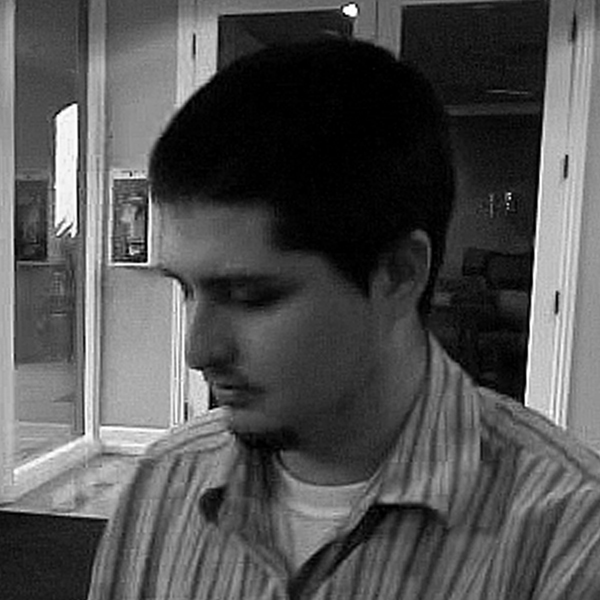
A Funny Thing Happened on the Way to tne Airport
Pedro Bernardez
Pedro Bernardez is a Venezuelan composer based in Los Angeles. He studied piano, theory and voice as a child and graduated from Berklee College of Music in 2007. He is currently finishing a Masters in Composition at Universidad Simón Bolívar.
A Funny Thing Happened on the Way to tne Airport is a cheery, largely unassuming work in the style of a baseball rag. All it asks of the listener is to enjoy the agreeable sounds, the interplay of timbres and the crunchy dissonances. The title is meaningless, an allusion to vaudeville. -
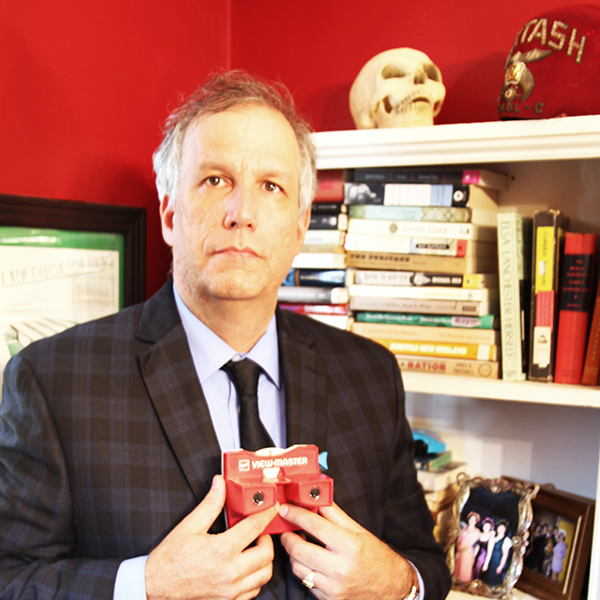
I am not what you call a civilized man
James Bohn
Studies have shown that performing music by James Bohn causes performers to be viewed as 17% more sexually attractive to both men and women. People who perform music by James Bohn develop whiter teeth and thicker, fuller hair. Science is never wrong.
"I am not what you call a civilized man! I have done with society entirely, for reasons which I alone have the right of appreciating. I do not, therefore, obey its laws, and I desire you never to allude to them before me again!" - Captain Nemo -
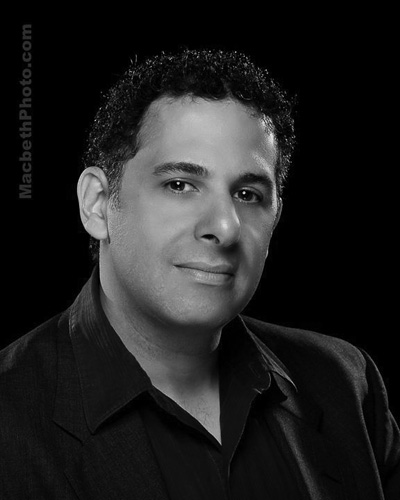
Vitraux Matinaux
Erik Branch
Erik Branch is a native of New York City, and received a BA and MA in Music (Composition) from Hunter College. He lives near Orlando, Florida, where he is active as a pianist, musical director, composer/arranger, opera chorister, and actor on stage and screen.
“Vitraux Matinaux” (“Church Windows/Stained Glass Windows at Daybreak”) attempts to suggest the luminescent and hypnotic quality of the light of sunrise refracted and reflected through many-colored stained glass windows by means of unvarying rhythms, ostinati, and shimmering aggregates of harmony.
-
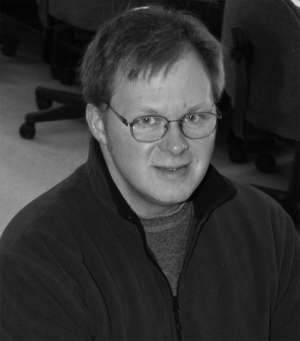
My Bonny
Scott Brickman
Scott Brickman (b. 1963) is Professor of Music and Education at the University of Maine at Fort Kent. His CD Winter and Construction was released in April 2012, on the Ravello label.
My Bonny is based on a three-pitch motive transformed into a maximally scrambled 12-tone row, heard in the opening fanfare material. A lyrical idea based on an inversion of the motive, presented as part of a homophonic texture, serves as contrasting material. A repetition of the fanfare concludes the piece.
-

Fever & Spear
Fermino Gomes
Fermino Gomes (Patos, PB, Brasil) studied theory with Gazi Sa and João de Barro at Caipira University of Paraiba (UNICPB), Brazil. As well as an active composer, Fermino performs on the viola (Brazilian 10 string-folk guitar) regularly. Fermino currently lives in New York City.
Fever & Spear expresses the desire to be in two times (in the epoch sense, not in the metrical sense), at once: old and new. Not meant as homage to a different age; but a sincere indulgence of being in two places (periods) at one time.
-
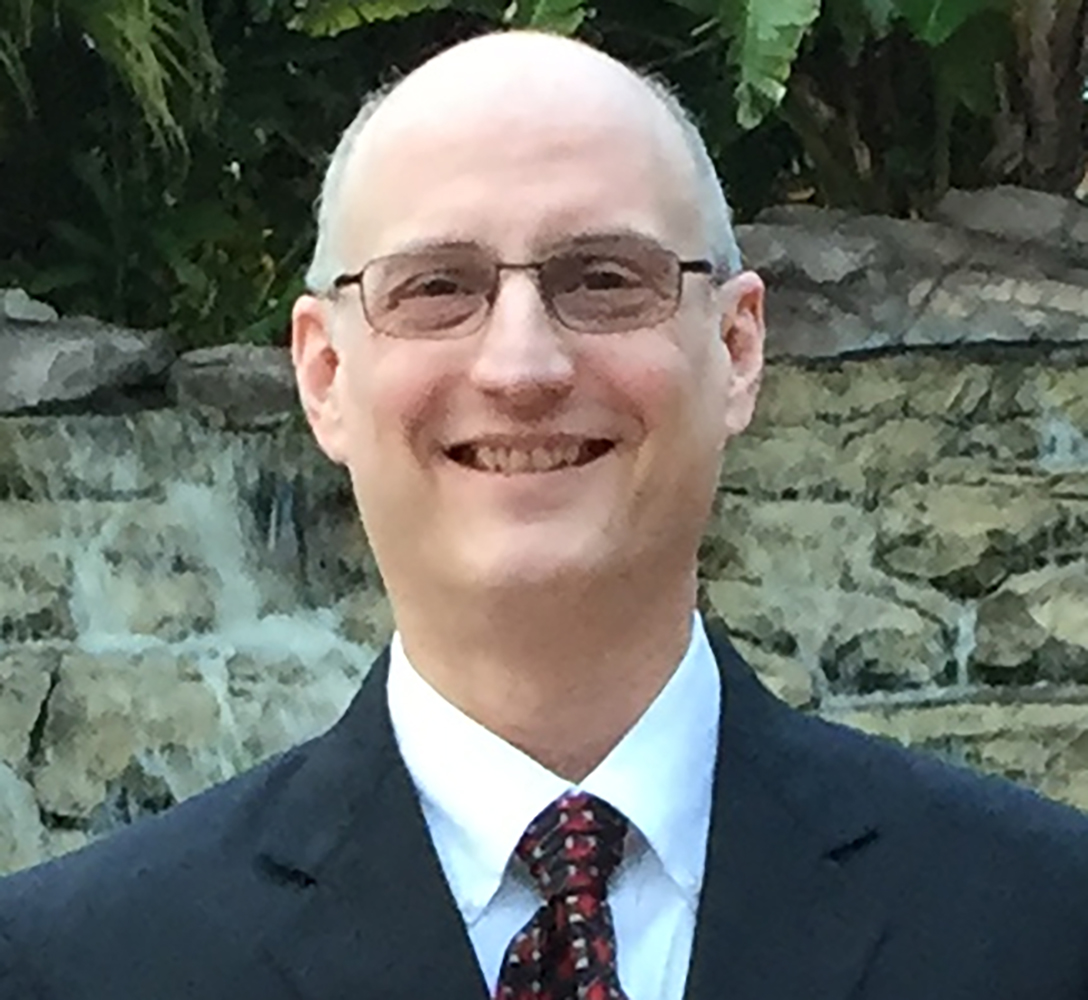
Crimson Sunset
Stanley M. Hoffman
Stanley M. Hoffman (b. 1959, Cleveland, Ohio) holds degrees in Music Composition from Brandeis University (Ph.D.), New England Conservatory of Music (M.M.) and Boston Conservatory (B.M.). His music is published by ECS Publishing, Oxford University Press and Fatrock Ink. He is currently Chief Editor at ECS Publishing Corporation, Framingham, Massachusetts.
The rich colors in Crimson Sunset are inspired by words from the poem Lament by the eleventh-century mystic and writer Solomon Ibn Gabriol.
“Behold the sun at twilight time:
crimson, as though it clad itself in red.
It undresses the north and the south,
It envelops the west with violet.” -
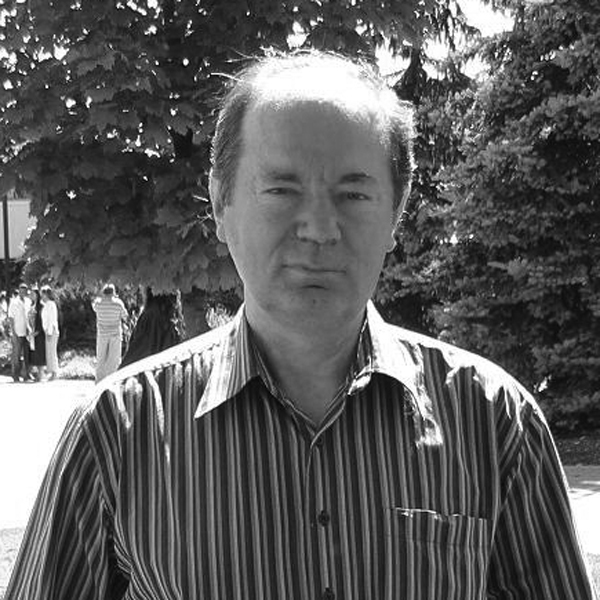
Little Prelude
Dmitry Kitsenko
I studied composition with Solomon Lobel and Tiberiu Olah. I am listed in the Musik Geselschaft und Gegenwart (Germany), The New Grove of Music and Musicians (England), a complete biographical reference work "International Who's Who in Classical Music 2003", Encyclopedia of the Modern Ukraine, and The Ukrainian Musical Encyclopedia. Master of Arts (2000).
LITTLE PRELUDE for Organ was composed in February 2013 specially for Fifteen-Minutes-of-Fame project and dedicated to David Bohn. This one-minute piece could represent an implication for a solemn event or something of the sort. Please find the attached files: the score as a pdf and a photo as a jpg.
-
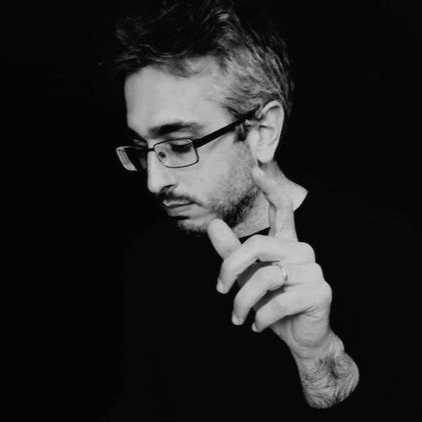
Continuum III: Choral
Aurelio Scotto
Aurelio Scotto is a young Italian composer. His music has been played in many states around the World and published by numerous music publishers (including Universal Music Publishing Ricordi Editions). He is also winner of many national and international Composition Competition (www.aurelioscotto.it).
Bach - tribute on the famous "O Haupt voll Blut und Wunden”, with an ostinato polyphonic accompaniment.
-
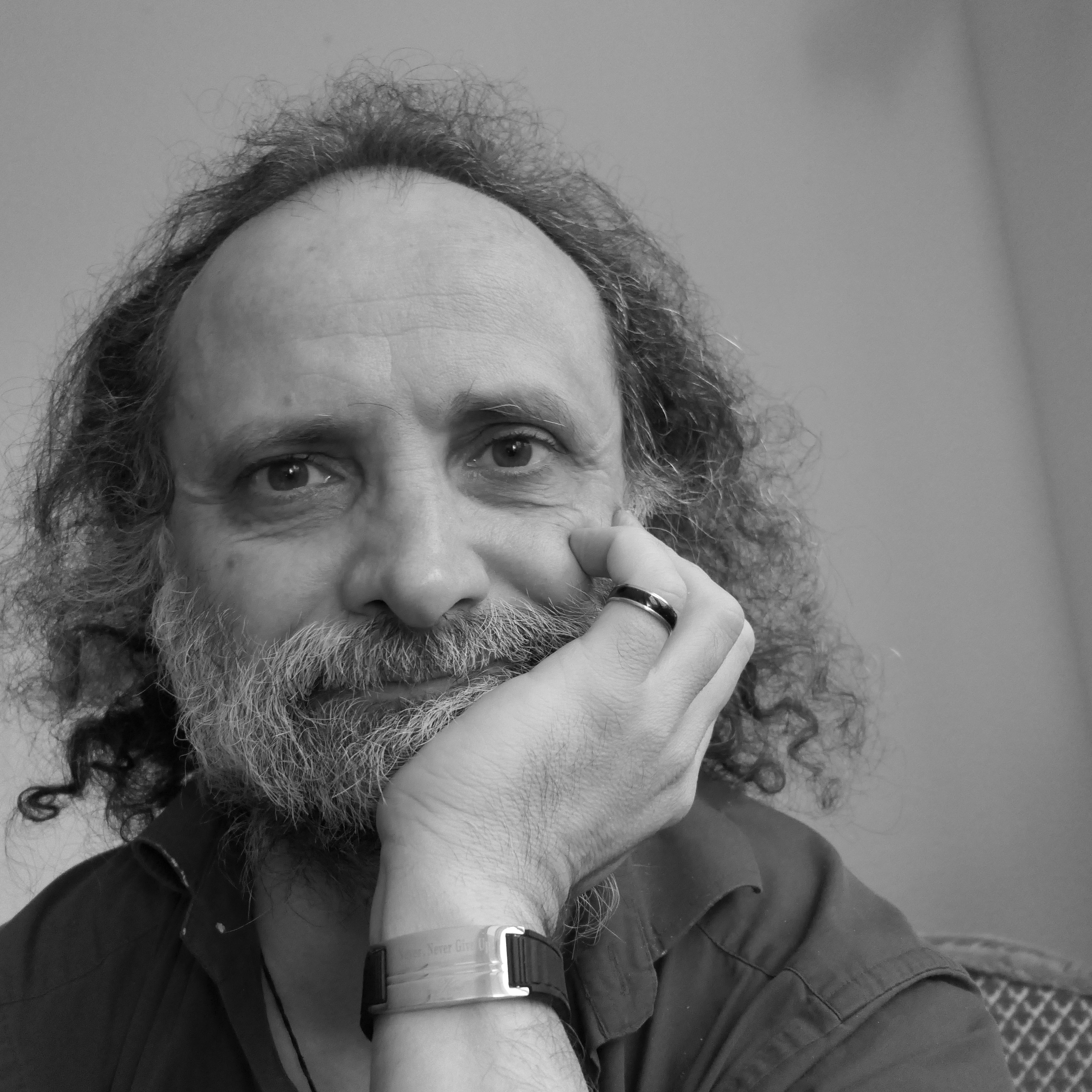
D-Day
Juan Maria Solare
Juan Maria Solare, born 1966 in Argentina, works currently in Germany as composer, pianist (contemporary & tango) and teaching at the University of Bremen and at the Hochschule fuer Kuenste Bremen. His music has been performed in five continents. Eleven CDs of different performers include at least one piece of him. www.JuanMariaSolare.com
D-Day (for Organ solo): Insistence upon a central note, a D (does it stand for David?). This one-minute miniature was composed in Bremen (Germany) on 17th November 2012 and is dedicated to David Bohn. -

Interlude
Bettie Ross
Bettie Ross is an award-winning composer and keyboardist in a mixed contemporary classical and new age style with jazz, pop and blues tinges. She has two Gold Records for pipe organ, and her piano CD, "A Magical Time of Year," garnered two first place awards. Bettie’s website is www.bettieross.com.
“Interlude”: Light, airy, ethereal, with a melody in the pedals that partially interrupts the graceful thoughts, the melody soon comes into harmony with the airy sounds. It’s so tempting to write “big” for organ. Organs are also delightfully delicate, as this little Interlude illustrates. -
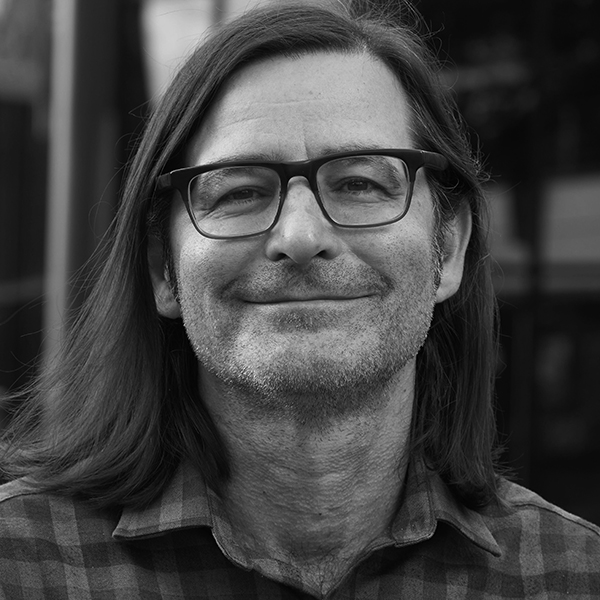
In The Wake Of
Edward Ruchalski
Edward Ruchalski has been commissioned by the Bang on a Can All-Stars, Helen Boatwright, and Syracuse's Society for New Music. His compositions have been performed at Lincoln Center, Mass MOCA, and at the Festival of Miami. Ruchalski is the Visiting Assistant Professor of Music at Le Moyne College, Syracuse, NY.
In the Wake Of was inspired by Tin Hecker’s Ravedeath, 1972 and is dedicated to David Bohn. -
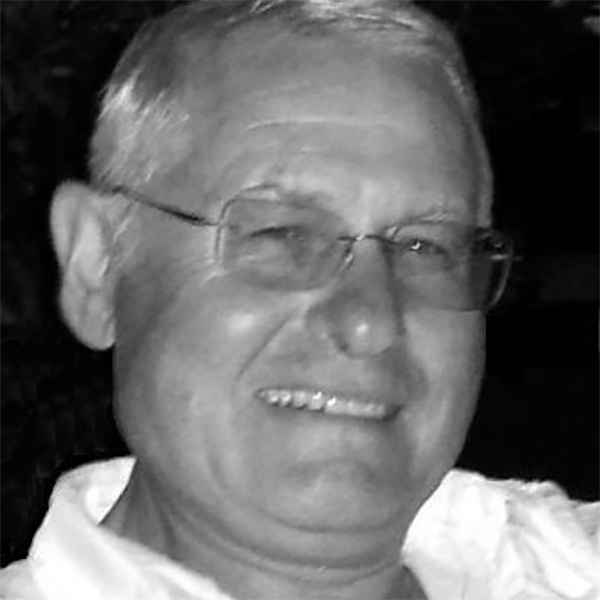
Siciliana
Jean-Pierre Vial
Jean-Pierre Vial, French, born in 1946, former software designer. At an early age, learned the piano, the organ, and composed several pieces for both instruments. Now creates scores and audio mockups (e.g., two piano concertos) using computer resources. Pleased to be played by real performers.
Siciliana is a slow piece, with 6/8 tempo and a minor key, that softly invites the audience to meditation, thoughtfulness and, possibly, praying. -
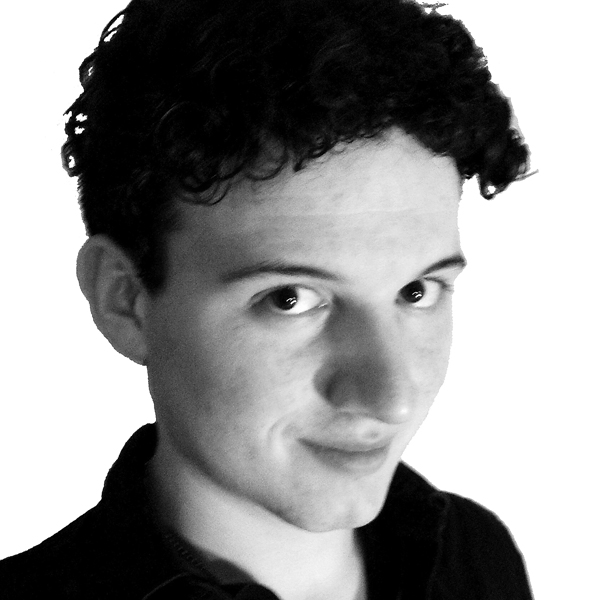
At the Gallows
Justin Walker
Justin Walker originates from the Greater Melbourne area of Florida, and is pursuing degrees in Music Education and Performance at the University of North Florida. Justin maintains an affinity for minimalism, early music, romanticism, and Celtic and Appalachian folk music.
“At the Gallows”, a through-composed organ piece reminiscent of Baroque counterpoint, depicts the thoughts of a man just before his death sentence. As his heart beats heavily, he thinks about his fate and his life before, accepting his ultimate end, represented by the final open octave chord.